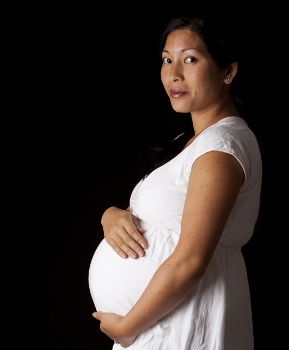The video above is a preview of our mini-lesson on how to express doubts and possibility in Spanish. Below are the English transcription and a more detailed blogpost.
| Do you know the different ways to express doubt and probability in Spanish? With some expressions you can use only the subjunctive. Look at these examples: -Celia: He traído el paraguas porque es probable que llueva. -Antonio: ¡Buena idea!
Would you like to see the complete mini-lesson? It consists of – the complete video – an annotated transcription – grammar notes – a couple of interactive exercises |
Sign up today to learn more: https://www.realspanish.eu/en









